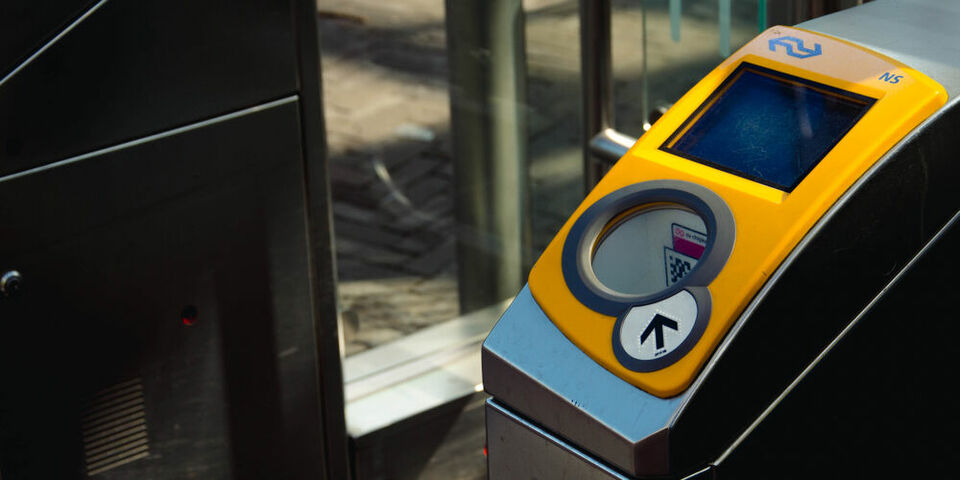Students’ public transport fines: some will face greater risk than others
In the near future, students will be able to use their debit cards or phones to check in on public transportation, but the old chip cards will also remain in use for some time. As a result, some students will face a greater risk of public transport fines than others.
It is taking a little longer than hoped, but in the near future, passengers will have a new way of checking into trains, buses and trams. This also means that students will no longer have to go through the hassle of adding (and removing) ‘travel entitlement’ to their public transport chip card at a ticket machine. For years, students and former students have been paying tens of millions of euros in fines for canceling their student travel entitlement too late. They had to pay even if they had not traveled. The transport companies lobbied to keep it that way and to increase the fines.
52.6 million euros
In 2014, students collectively paid a record amount of 52.6 million euros in fines. This sparked resistance among politicians. Thanks to improved communication, more lenient legislation and a technical stopgap measure (blacklisting), this figure has now shrunk to 5 million euros in 2021. However, students still have to remove the travel entitlement from their chip card at a ticket machine themselves. There is still no automatic cancellation once the travel entitlement has expired.
If all goes well, the system will be improved over the course of next year, and Minister Dijkgraaf will amend the law to allow students to take advantage of that. The Lower House is in favor of this idea, but also raises critical questions.
Transition
There will be a transition period in which some students will be traveling under the old system (public transport chip cards) and others under the new one (debit cards). This means that some students will have to remove their travel entitlement from their chip card themselves when it expires, while for others this will happen automatically. GroenLinks thinks this will cause confusion. “Is it possible to show more leniency during the transition period for students who are still using an old public transport chip card and forget to cancel it and thus face a fine?”, the party asks Dijkgraaf. No, is the answer. The minister sees no reason for leniency. After all, for students using the old system, the situation is no different than before, he argues, and leniency could lead to students deliberately continuing to use their card when they are not entitled to it. Dijkgraaf: “I would find that undesirable.”
Under the old system, therefore, students remain just as likely to incur a fine; but under the new system, this is not the case. Given the technical problems, the transition period could well last longer than January 1, 2024, the date the transport companies are aiming for. NS is currently running a pilot of the new check-in system, but this does not yet allow for travel with products – such as student travel entitlement or a discount ticket – on your debit card, only for full-fare travel.
Retroactive effect
That said, even in the new system, fines will not be a thing of the past. Sometimes people make use of the student travel entitlement even though it turns out they are not actually entitled to it. For example, they may have applied for a student grant (and thus travel entitlement) without actually starting a degree program. This only becomes apparent during an inspection.
Some institutions also allow students to graduate with retroactive effect. The advantage of this is that they can be reimbursed for the tuition fees they paid for the months they did not study. The disadvantage is that they also lose their travel entitlement retroactively.
If a public transport fine is demonstrably the result of slow administration on the part of the educational institution, then DUO can waive the fine, says Dijkgraaf. He does not want to tamper with the rules for de-registration, so that students do not have to pay excessive tuition fees. That also saves them a few million euros, after all.


Discussion